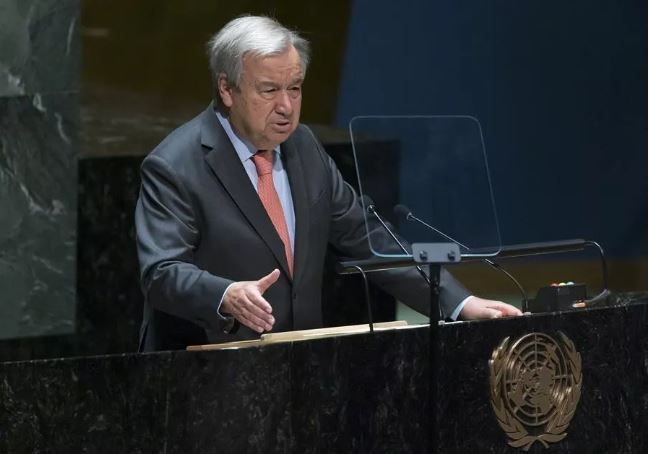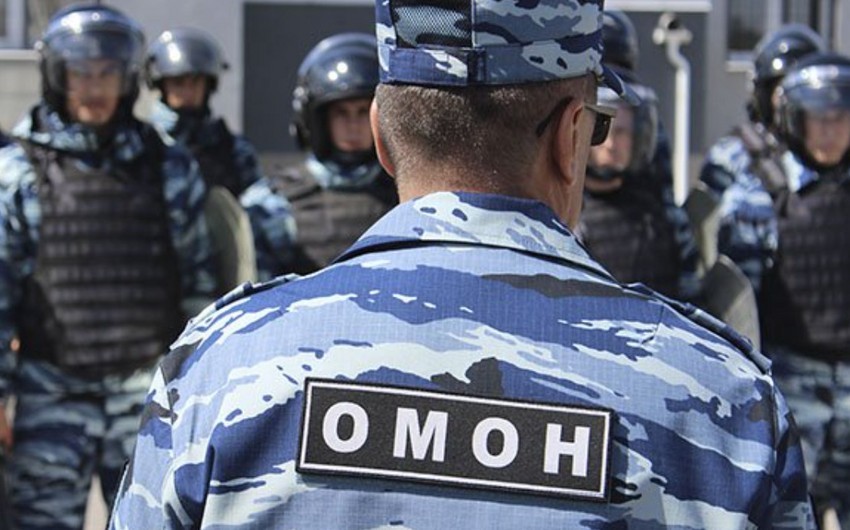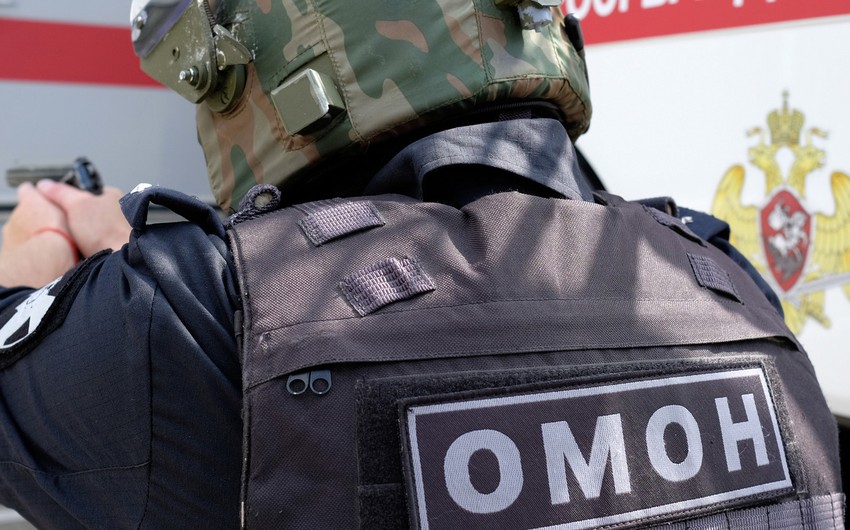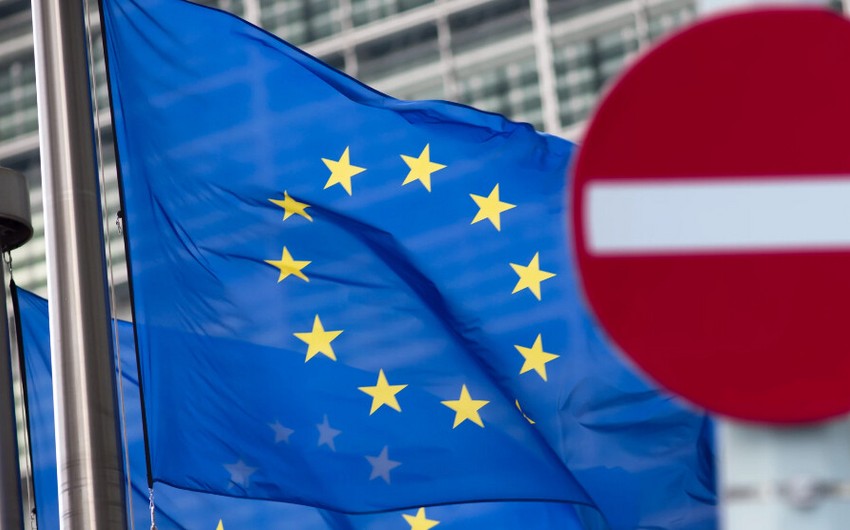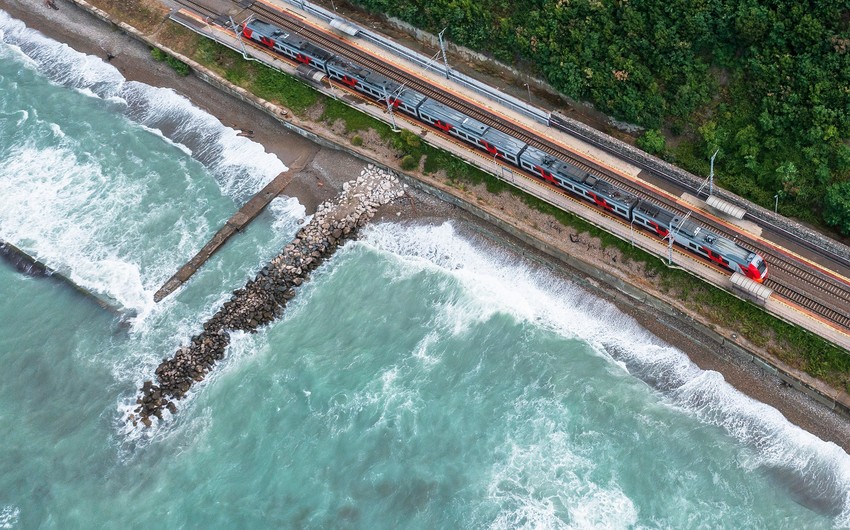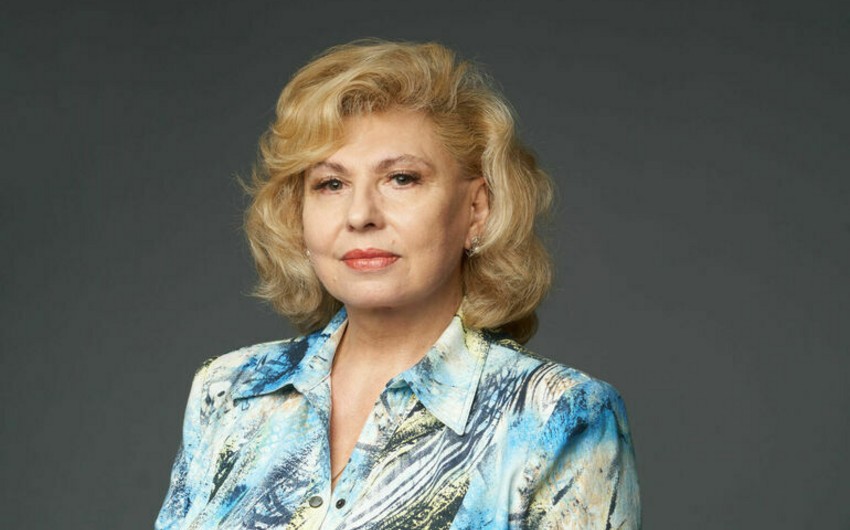The warning came on Aug. 1 as a pandemic-delayed conference opened to review the 50-year-old Nuclear Nonproliferation Treaty, which is aimed at preventing the spread of nuclear weapons and eventually achieving a nuclear-free world.
The threat of nuclear catastrophe was also raised by the United States, Japan, Germany, the U.N. nuclear chief and many other opening speakers.
Russia, which came under criticism from some speakers, didn’t give its address in its scheduled slot Monday but was expected to speak Tuesday. China’s representative was scheduled to speak Tuesday.
U.S. Secretary of State Antony Blinken said North Korea is preparing to conduct its seventh nuclear test, Iran “has either been unwilling or unable” to accept a deal to return to the 2015 nuclear agreement aimed at reining in its nuclear program, and Russia is “engaged in reckless, dangerous nuclear saber-rattling” in Ukraine.
He cited Russian President Vladimir Putin’s warning after its Feb. 24 invasion that any attempt to interfere would lead to “consequences you have never seen,” emphasizing that his country is “one of the most potent nuclear powers.”
Japanese Prime Minister Fumio Kishida said divisions in the world since the last review conference in 2015, which ended without a consensus document, have become greater, adding that Russia’s threat to use nuclear weapons in the Ukraine war has contributed “to worldwide concern that yet another catastrophe by nuclear weapon use is a real possibility.”
German Foreign Minister Annalena Baerbock said Moscow’s “reckless nuclear rhetoric” since its invasion of its smaller neighbor “is putting at risk everything the NPT has achieved in five decades.”
Putin appeared to roll back on his nuclear warning in a message of greetings to NPT participants posted on his website Monday.
“We believe that a nuclear war cannot be won and must never be fought, and we stand for equal and indivisible security for all members of the world community,” the Russian leader said.
Blinken also noted Russia seized Europe’s largest nuclear power plant in Zaporizhzhya and is using it as a military base to fire at Ukrainians, “knowing that they can’t and won’t shoot back because they might accidentally strike a nuclear reactor or highly radioactive waste in storage.” He said this brings the notion of having “a human shield to an entirely different and horrific level.”
Russia’s delegation to the NPT issued a statement Monday night strongly rejecting Blinken’s contention that Russia is using the Zaporizhzhya plant as a military base, saying a limited number of servicemen are there “to ensure safety and security at the power plant.”
Rafael Grossi, director general of the International Atomic Energy Agency, said the Ukraine conflict is “so grave that the specter of a potential nuclear confrontation, or accident, has raised its terrifying head again.”
He warned that at the Zaporizhzhya nuclear plant “the situation is becoming more perilous by the day,” and he urged all countries to help make possible his visit to the plant with a team of IAEA safety and security experts, saying his efforts for the past two months have been unsuccessful.
Guterres said the month-long review conference is taking place “at a time of nuclear danger not seen since the height of the Cold War.”
The conference is “an opportunity to hammer out the measures that will help avoid certain disaster, and to put humanity on a new path towards a world free of nuclear weapons,” he said.
But Guterres warned that “geopolitical weapons are reaching new highs,” almost 13,000 nuclear weapons are in arsenals around the world, and countries seeking “false security” are spending hundreds of billions of dollars on “doomsday weapons.”
“All this at a time when the risks of proliferation are growing and guardrails to prevent escalation are weakening,” he said, “And when crises -- with nuclear undertones -- are festering from the Middle East and the Korean Peninsula to the invasion of Ukraine by Russia, and to many other factors around the world.”
Guterres called on conference participants to take several actions: urgently reinforce and reaffirm “the 77-year-old norm against the use of nuclear weapons,” work relentlessly toward eliminating nuclear weapons with new commitments to reduce arsenals, address “the simmering tensions in the Middle Est and Asia” and promote the peaceful use of nuclear technology.
“Future generations are counting on your commitment to step back from the abyss,” he implored the ministers and diplomats. “This is our moment to meet this fundamental test and lift the cloud of nuclear annihilation once and for all.”
Japan’s Kishida, recalling his home city of Hiroshima where the first atomic bomb was dropped in August 1945, echoed many of Guterres’ points saying the path to a world without nuclear weapons has become harder but “giving up is not an option.”
In force since 1970, the Nonproliferation Treaty has the widest adherence of any arms control agreement, with some 191 countries that are members.
Under its provisions, the five original nuclear powers -- the United States, China, Russia (then the Soviet Union), Britain and France -- agreed to negotiate toward eliminating their arsenals someday and nations without nuclear weapons promised not to acquire them in exchange for a guarantee to be able to develop nuclear energy for peaceful purposes.
India and Pakistan, which didn’t join the NPT, went on to get the bomb. So did North Korea, which ratified the pact but later announced it was withdrawing. Non-signatory Israel is believed to have a nuclear arsenal but neither confirms nor denies it.
The meeting, which ends Aug. 26, aims to generate a consensus on next steps, but expectations are low for a substantial _ if any _ agreement.

